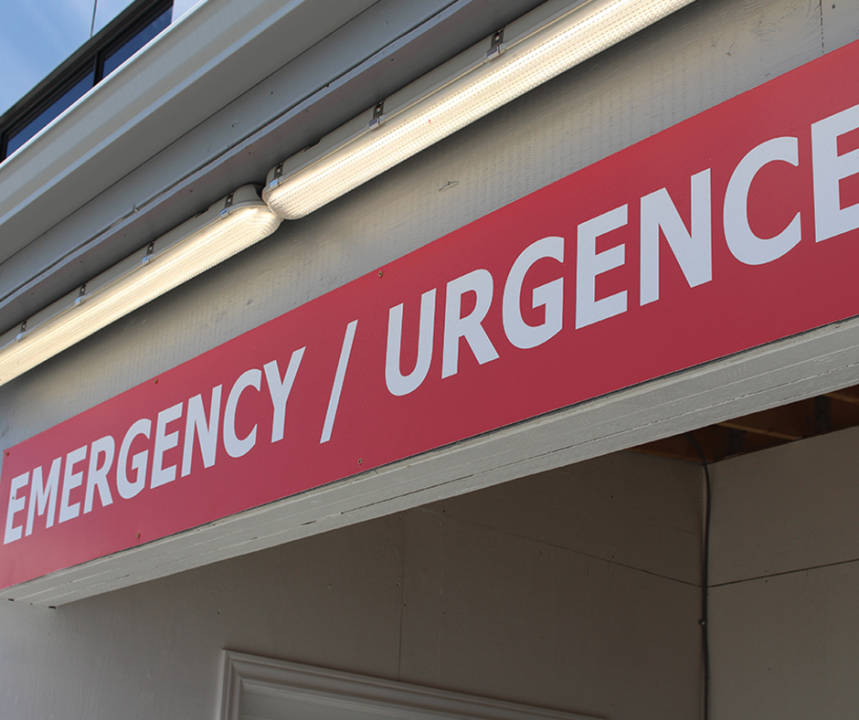HSN Prepares for a Busy Flu Season
November 12, 2019

SUDBURY, ON – Health Sciences North is preparing for an increase in patient volumes during flu season – volumes that could mean longer wait times in the Emergency Department.
Flu season runs from late fall to early spring, which is also when HSN has historically experienced its highest patient volumes. Symptoms of the flu include fever, chills, cough, runny eyes, stuffy nose, sore throat, headache, muscle aches, extreme weakness and tiredness, and loss of appetite. While these symptoms are similar to the common cold, in some cases the flu can potentially lead serious health issues.
HSN is engaging and planning with staff to ensure it is able to meet this anticipated increase in demand over the coming months. This also includes working with community partners, long term care homes and the Northeast Local Health Integration Network to make sure patients are navigating the system so they get the care they need, where they need it, in the most efficient way.
“If you feel you’re in need of urgent or emergency care, you should always come to the Emergency Department,” says Dr. Dominique Ansell, an emergency room physician at HSN. “Patients with moderate flu symptoms or less urgent medical needs should contact their family doctor, nurse practitioner or primary care provider for care. Patients can also visit walk-in clinics or access Telehealth Ontario, which is available 24 hours a day, seven days a week.”
This year’s flu season arrives as HSN continues to deal with longstanding capacity challenges. HSN has been over 100% capacity for all but 13 days since August of 2018. In an effort to have fewer patients cared for in hallways, HSN has opened 12 additional beds in the newly created Medical Inpatient Overflow Unit. These beds will remain open throughout flu season, until early 2020.
“If you want to lower your chances of catching the flu or spreading it, you should get the flu shot, wash your hands often, cough or sneeze into your sleeve or a tissue, and stay home if you’re sick to avoid infecting others,” says Dr. Alex Anawati, an emergency room physician at HSN.
Patients who do come to the ED with flu-like symptoms should pick up a mask just inside the entrance and wear it while in the hospital. Anyone who is considering visiting a patient should delay doing so if they have any of these symptoms. Hospital visitors should wash their hands frequently and follow infection control measures as indicated by signs posted in the hospital.